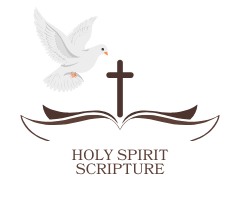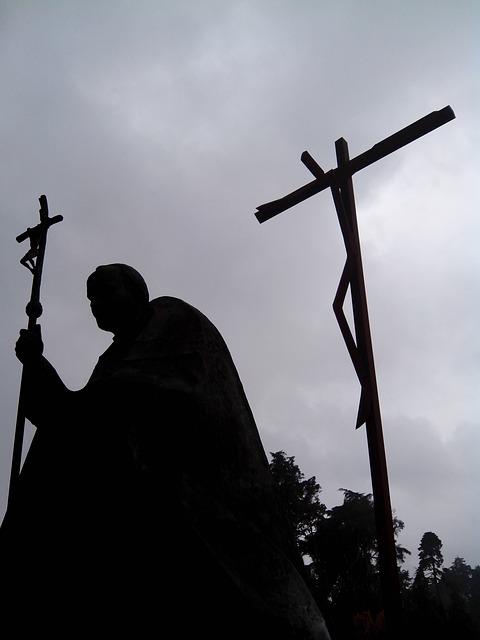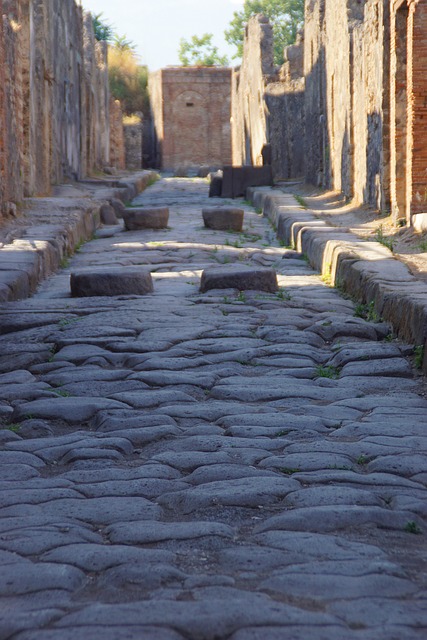The Didache, also known as “The Teaching of the Twelve Apostles,” stands as a valuable document offering insights into the ethical teachings and practical instructions of the early Christian community. Written in the first century AD, the Didache provides a glimpse into the beliefs and practices of the early Church, shedding light on its moral code, liturgical customs, and organizational structure. In this article, we explore the significance of the Didache and its relevance to contemporary Christian life, supported by scriptural references.
- The Didache: An Overview
The Didache is believed to be one of the earliest Christian writings outside of the New Testament canon, likely composed in the late first or early second century AD. It consists of instructions, teachings, and moral exhortations addressed to early Christian communities, offering guidance on topics such as ethics, baptism, prayer, fasting, and the Eucharist. While not included in the canonical Scriptures, the Didache provides valuable insights into the beliefs and practices of the early Church.
- Ethical Teachings and Moral Guidelines
The Didache contains ethical teachings and moral guidelines that reflect the ethical imperatives found in the New Testament. For example, the Didache emphasizes the importance of loving one’s neighbor as oneself (Didache 1:2), echoing Jesus’ commandment in Matthew 22:39. It also instructs believers to refrain from practices such as murder, adultery, theft, and deceit (Didache 2:1-2), aligning with the moral teachings of Jesus and the apostles.
Digitversity provides various courses on Personal development, Website content development, seo, DEIA, marketing, etc.Visit here
- Baptism and the Way of Life
In its instructions on baptism, the Didache outlines the process and significance of initiation into the Christian community. It describes the practice of baptizing in the name of the Father, Son, and Holy Spirit (Didache 7:1), echoing the Trinitarian formula found in Matthew 28:19. Additionally, the Didache delineates the “Two Ways”—the way of life and the way of death—which serves as a moral framework for Christian living (Didache 1:1-6).
- Liturgical Practices and Eucharistic Celebration
The Didache provides insights into early Christian liturgical practices and the celebration of the Eucharist. It prescribes a specific formula for offering the Eucharistic prayer (Didache 9:1-5) and instructs believers to gather on the Lord’s Day to break bread and give thanks (Didache 14:1). These instructions resonate with the accounts of the Last Supper in the Gospels (Matthew 26:26-29, Luke 22:14-20) and highlight the centrality of the Eucharist in early Christian worship.
- Shepherd of Hermas and the Apostolic Fathers
The Didache is often in the group of other early Christian writings such as the Apostolic Fathers, which include works such as the Shepherd of Hermas, 1 Clement, and the Epistles of Ignatius. While not considered canonical Scripture, these writings offer valuable insights into the beliefs, practices, and challenges faced by the early Church, enriching our understanding of early Christian history and theology.
Conclusion
The Didache stands as a remarkable testament to the ethical teachings and practical instructions of the early Christian community. Its insights into Christian ethics, baptismal practices, liturgical customs, and moral exhortations provide valuable guidance for contemporary believers seeking to deepen their faith and live out the teachings of Jesus Christ. As we study the Didache alongside the Scriptures, may we glean wisdom and inspiration for our journey of discipleship and service in the footsteps of the early Church.
We at Wordembassy are highly regarded to be a significant affiliate for great products. As a result, we are paid a commission if you use one of these links to purchase a membership. You don’t, however, have to pay more for this. You may relax knowing that the information given here is reliable and accurate.






